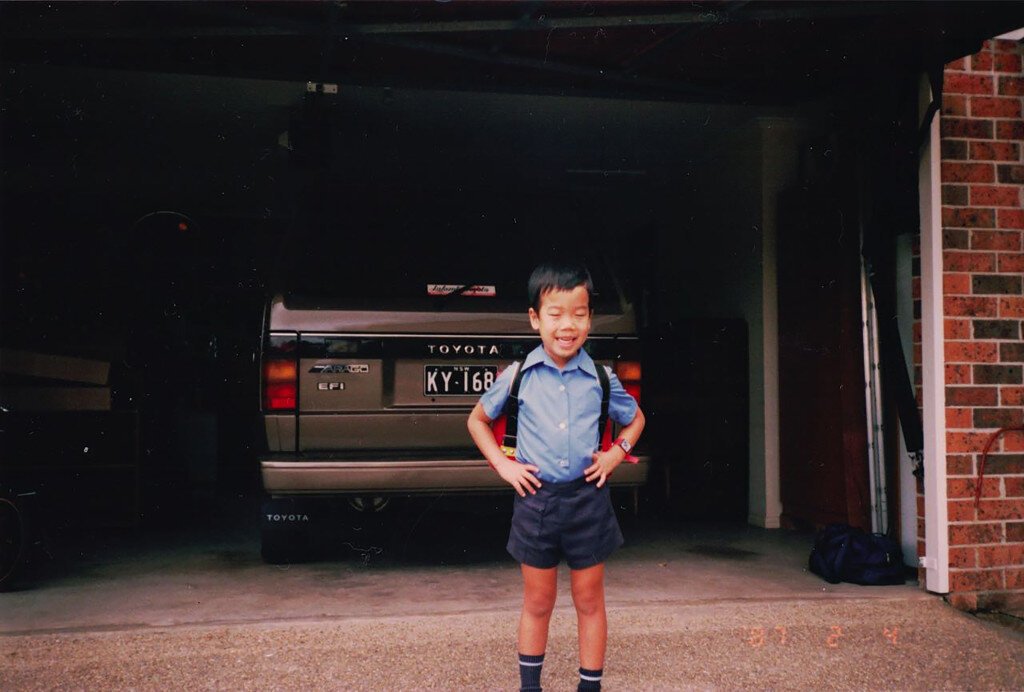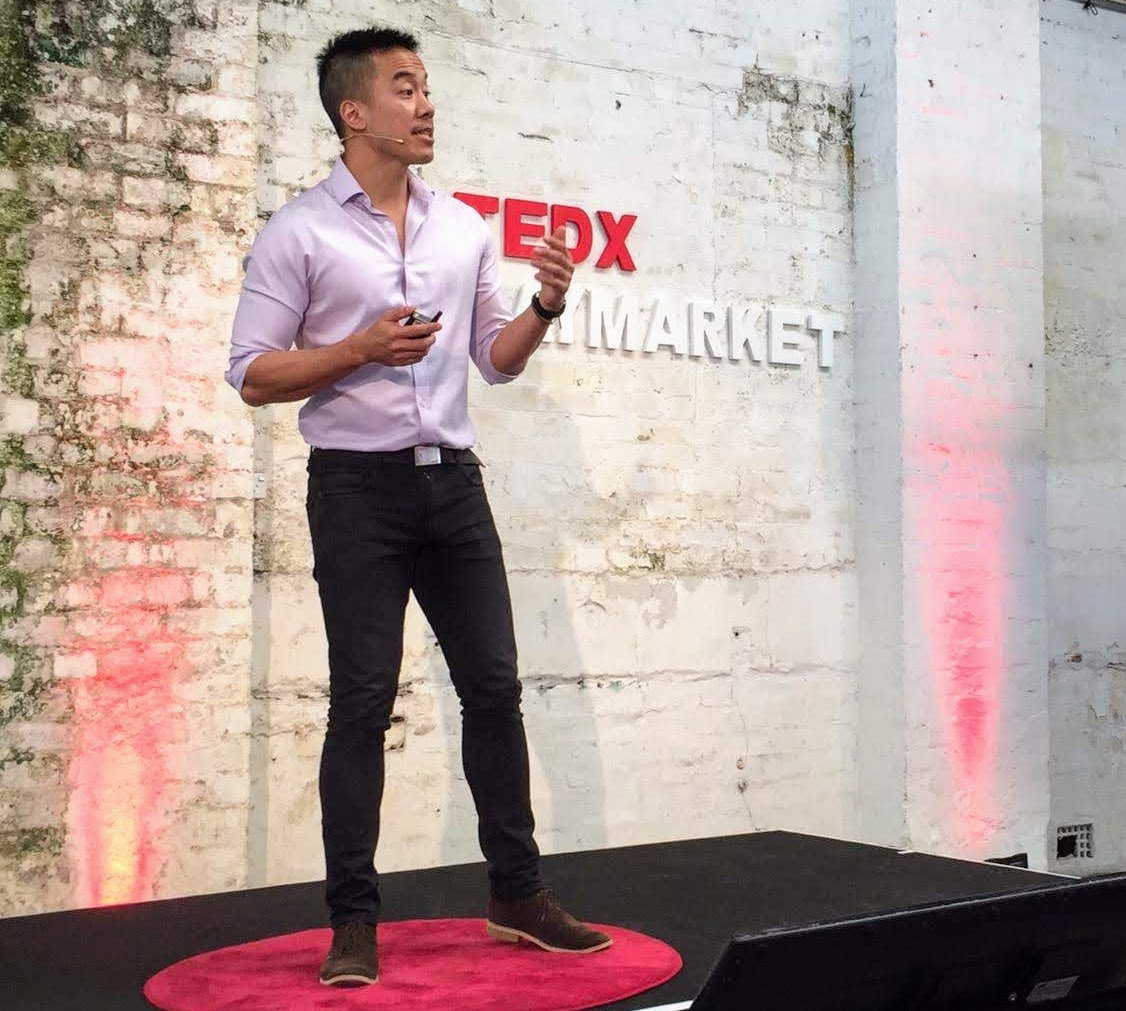Meet weh
Why did I write redundant charities?
My great grandparents moved from China to Malaysia during a time of famine, my parents turned down a life of relative comfort in Malaysia to move to Australia, for a better life for their children.
Growing up in Australia, I attended an ordinary public school in Sydney. On my first day in school, I sat next to a boy named Roger. My teacher, Mrs. Pickering, told me that Roger couldn’t see colours, so he needed my help. When we were colouring in, I had to help him pick out the right coloured pencils.
To colour the grass, I’d pick out the green pencil. For the sky, the blue.
That year, Roger and Mrs Pickering taught me valuable lessons. Not everyone is like me. Some people do things differently. And yet, all it takes is a little bit of help, and someone can join in with everyone else.
In this story, who is the lucky one? It’s me. I learnt the value of inclusion and difference at the age of five. Perhaps if my ancestors had not moved countries twice, and sacrificed so much, I would never have been put in this situation. I may not have learnt this important lesson.
All of us, no matter where we were born, no matter what colour our passports, have stories like mine. Our ancestors have given up so much to get us where we are today. This is the common thread that holds us together.
And yet, we still have a long way to go until these sacrifices bear their fruit. When I arrived in Cambodia 4 years ago, I soon met Ling.
He is a child who, due to his inability to speak clearly, most assumed would never go to school.
Not only was Ling one of over half a million people needing speech therapy, I was stunned to learn that there was not one single Cambodian speech therapist in country. This meant that hundreds of thousands of people, especially children, could not communicate to their full potential. Either they could not talk clearly, or at all, or couldn’t process incoming communication.
An equally large number of people had difficulties swallowing, where food and liquid would enter the lungs, instead of the stomach. They could contract pneumonia and then die. Without speech therapy, these people were dying young.
After years at university and close to a decade in public health and non-profit, I thought we addressed people in need in a systematic and logical manner. I was wrong.
Somewhere, amongst the billions of dollars of aid money and thousands of non-profit organisations, some people get left behind.
Moreover, efforts that already existed didn’t seem to get to the root cause of the problem. This seemed to be a problem endemic in the charity sector.
I soon realised that, as much as charities often had pure intentions, they aren’t geared to ever stop. They’re geared to continue. This is what I call “the hamster wheel of charity work”.
The hamster wheel is all about asking for funding, spending it and justifying why you should get more. All of a sudden, the charity’s focus is no longer on the impact that they have, or even on doing a job and finishing it, but on perpetuating this cycle.
There had to be a better way. I began setting up OIC Cambodia, a charity in Cambodia to address the lack of speech therapy, as a Redundant Charity - one with an intentional end point and exit strategy.
I then set about talking about this new form of charity, including a TEDx talk titled Why International Charities Should Make Themselves Redundant.
This book exists to showcase a new model of charity, a model that’s not self-serving, a model that delivers outcomes, a model that enables people to be empowered rather than being stripped of their power.
So, let’s start reimagining what a charity should be.



